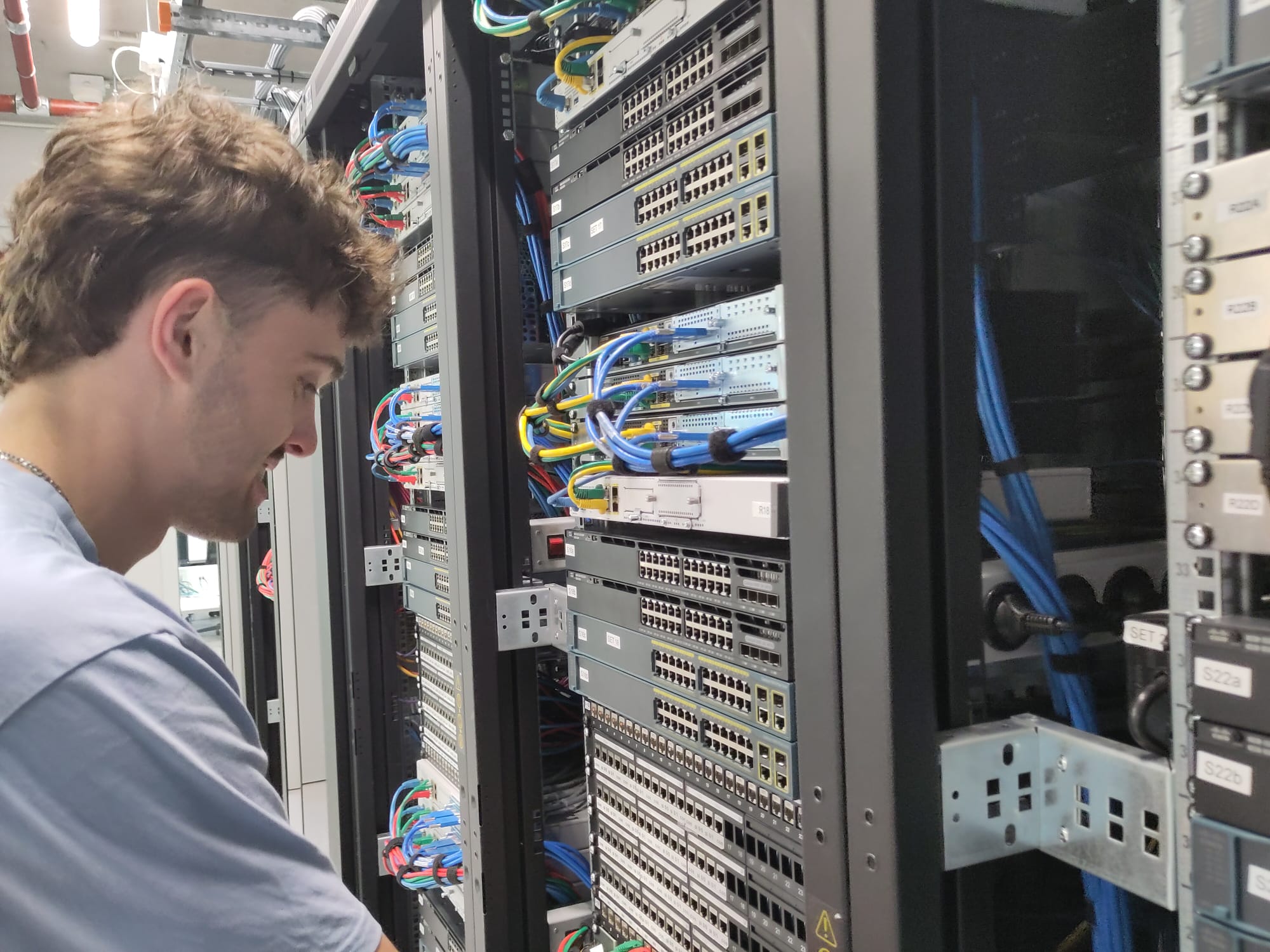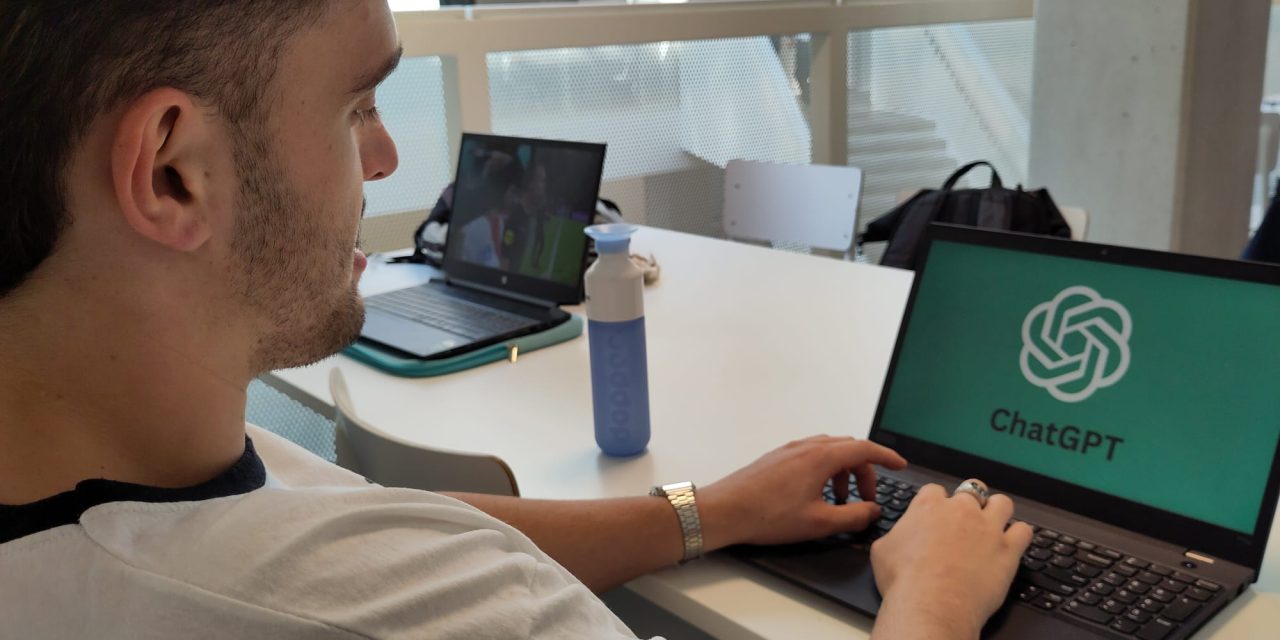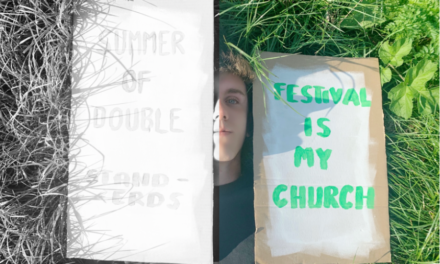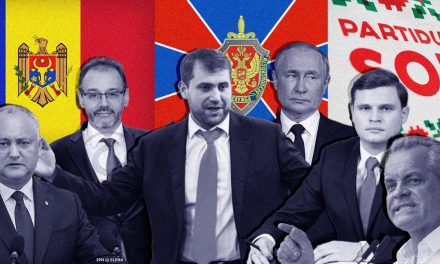Multiple countries, including the EU, have signed the first global AI treaty. The guidelines in this treaty include the protection of human rights and democracy within the development of AI. ‘However, big data companies don’t have to follow the guidelines (yet).’
According to the Council of Europe, the treaty includes guidelines and rules that countries must follow regarding the development of AI. The Secretary General of the Council of Europe, Marija Pejčinović Burić, mentioned in her speech: “We must ensure that the rise of AI upholds our standards, rather than undermining them.” To ensure AI is managed responsibly throughout its life cycle, the treaty includes rules for every step of its development.
“While the EU already has its own AI Act, this treaty serves as extra protection for human rights,” says Sina Hoch, a researcher on the EU’s engagement in global AI governance. Hoch explains: “The Convention lays out several obligations for states to ensure that human rights are protected in the development and use of AI systems. States are required to implement these provisions in their national laws. Once that happens, individuals who feel their rights have been violated by AI systems can seek legal remedies in court.” States can decide for themselfs how the guidelines are implemented in their law systsem.
There are lots of theoretical ways how AI could be used outside of it’s newly made guidelines. ‘For example by excessive use of AI in camera surveillance’, Hoch explains. When AI is used to recognize individuals in public spaces, it could violate the right to privacy. “Another case could involve sensitive data in healthcare, where AI might help insurance companies predict who is more likely to develop certain diseases, leading to discriminatory pricing for health insurance.”
Criticism
While the treaty sounds like a step in the right direction, not everyone is pleased with the new guidelines. First of all, civil society organizations that were initially involved in the negotiation process as observers were later excluded. “This led to criticism because citizens felt that their interests weren’t being fully represented.” Also, the guidelines apply only to states, but not to large tech companies. States can choose whether or not to impose the same regulations on companies like Meta. “Many critics argue that these companies collect vast amounts of data and could violate human rights, yet they aren’t required to follow the same rules. Only if states choose to implement the guidelines to the private sector, bigger companies will have to co-operate,” Hoch explains.
Penalties in the Treaty
But that isn’t the only point being criticized. Experts pointed out that this treaty does not foresee sanctions such as fines. This means that compliance is measured primarily through monitoring, which is a relatively weak form of enforcement, according to Hoch.
Changes for EU Citizens
According to Hoch, in the long run, EU citizens could benefit from this treaty. Hoch says: “It’s one thing to agree on paper, it’s another to see how well it’s enforced.” While things like ChatGPT or AI in your phone won’t immediately change, in the future there might be some changes regarding how these AI systems gather personal data. For now, we have to wait and see how these guidelines will be implemented in areas like mass surveillance.
According to the treaty itself, EU citizens will also benefit from stricter regulations on AI providers. Stricter rules on transparency and accountability could lead to “a better AI” in the future. So in the long run, improvements such as more user-friendly AI could be a positive outcome.





